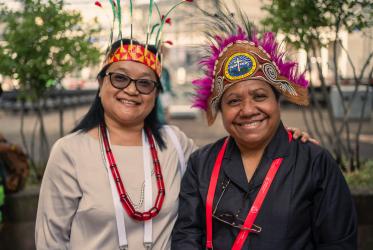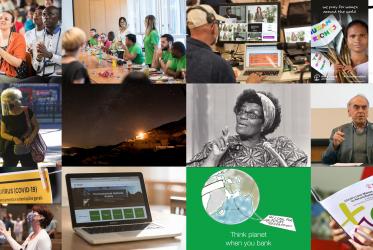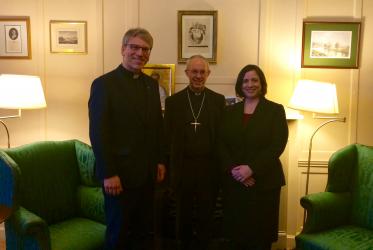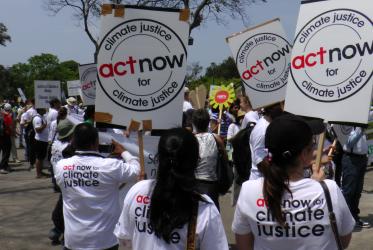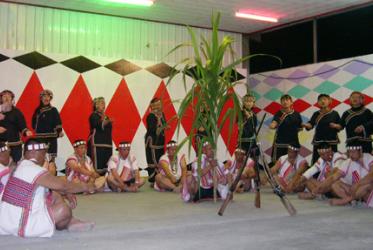Displaying 1 - 20 of 20
23 October 2023
WCC Executive Committee envisions future for one ecumenical movement
08 November 2018
“When everybody is building walls, the church can build bridges”
30 January 2017
Church in German state is a partner for refugees and society
20 December 2016
London meetings build on ecumenical momentum from Paris
18 December 2015
Consultation considers right to food in context of climate change
15 December 2015
Churches' “prophetic voice” will be busy in 2015
18 June 2015
Disability rights and wrongs
14 February 2006
How churches tackle HIV and AIDS care
14 July 2004
HIV/AIDS, 2006 assembly, and public issues on WCC executive's agenda
12 February 2004

